Basic Science Researchers
-

Sandra Almeida, PhD
Academic Role: Assistant Professor
Programs: Alzheimer's Disease and Cognitive Neurology, Neuromuscular Medicine
Category: Neurology
Dr. Almeida’s primary focus is elucidating the molecular mechanisms of frontotemporal dementia (FTD), amyotrophic lateral sclerosis (ALS) and Alzheimer's disease (AD).
Her main strategy employs patient-derived, induced pluripotent stem cell (iPSC) lines to generate disease-relevant neuronal cells. This allows modeling of patient-derived neurons in the appropriate differentiated context, providing an enriched understanding of how ALS/FTD mutations impact cellular physiology to effect their pathogenic consequences, enabling testing of potential therapeutic interventions aimed at halting the progression of these diseases. -

-
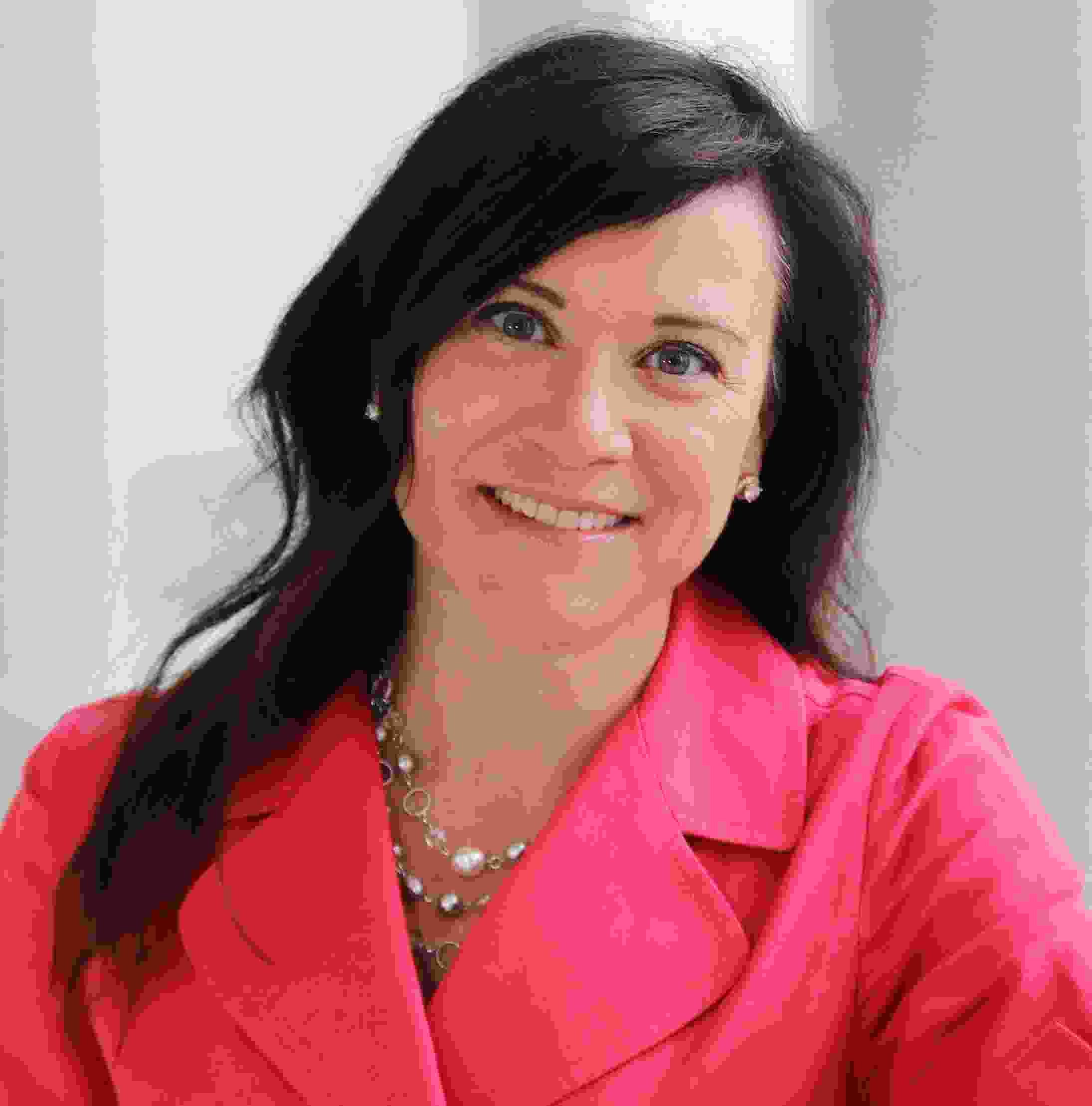
Daryl A. Bosco, PhD
Academic Role: Professor
Category: Neurology
Our lab is investigating the pathogenic mechanisms associated with neurodegenerative diseases, namely ALS (amyotrophic lateral sclerosis), also known as Lou Gehrig’s disease, and frontotemporal dementia (FTD). We use a multidisciplinary approach involving protein biochemistry, structural biology, human stem cell technology (for motor neuron and microglia cultures), biophysics and mouse model systems for our investigations. Lab members are welcome to focus on one or multiple disciplines for their research. Our projects are both basic-science and translationally oriented, as our ultimate goal is to translate our basic-research findings into therapies for these devastating diseases.
-
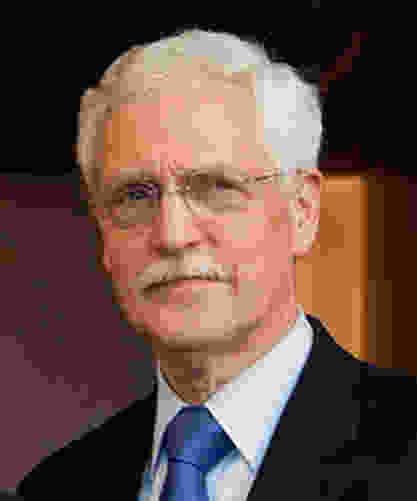
Robert H. Brown Jr., DPhil, MD, the Leo P. and Theresa M. LaChance Chair in Medical Research
Academic Role: Professor
Programs: Neuromuscular Medicine
Category: Neurology
Renowned for his groundbreaking basic and clinical research on the inherited and genetic basis of neurodegenerative and neuromuscular diseases, Robert H. Brown Jr., DPhil, MD has a record of significant discoveries in identifying gene defects that elucidate how ALS causes neurons to die. In 1993, a team of researchers led by Dr. Brown discovered the first gene linked to the inherited form of ALS, called SOD1.
Brown's laboratory has focused on the identification of gene defects that elucidate the molecular pathogenesis of selected neuromuscular diseases including amyotrophic lateral sclerosis (ALS, also known as Lou Gehrig's disease), muscular dystrophy, adrenoleukodystrophy, hereditary neuropathy and hyperkalemic periodic paralysis. Knowledge of these disease genes has facilitated the creation of mouse and cell-based models of these disorders. These resources have allowed the study of therapeutic strategies using conventional small molecule approaches and new modalities such as inhibitory RNAi.
Learn more here: https://umassmed.edu/brownlab -
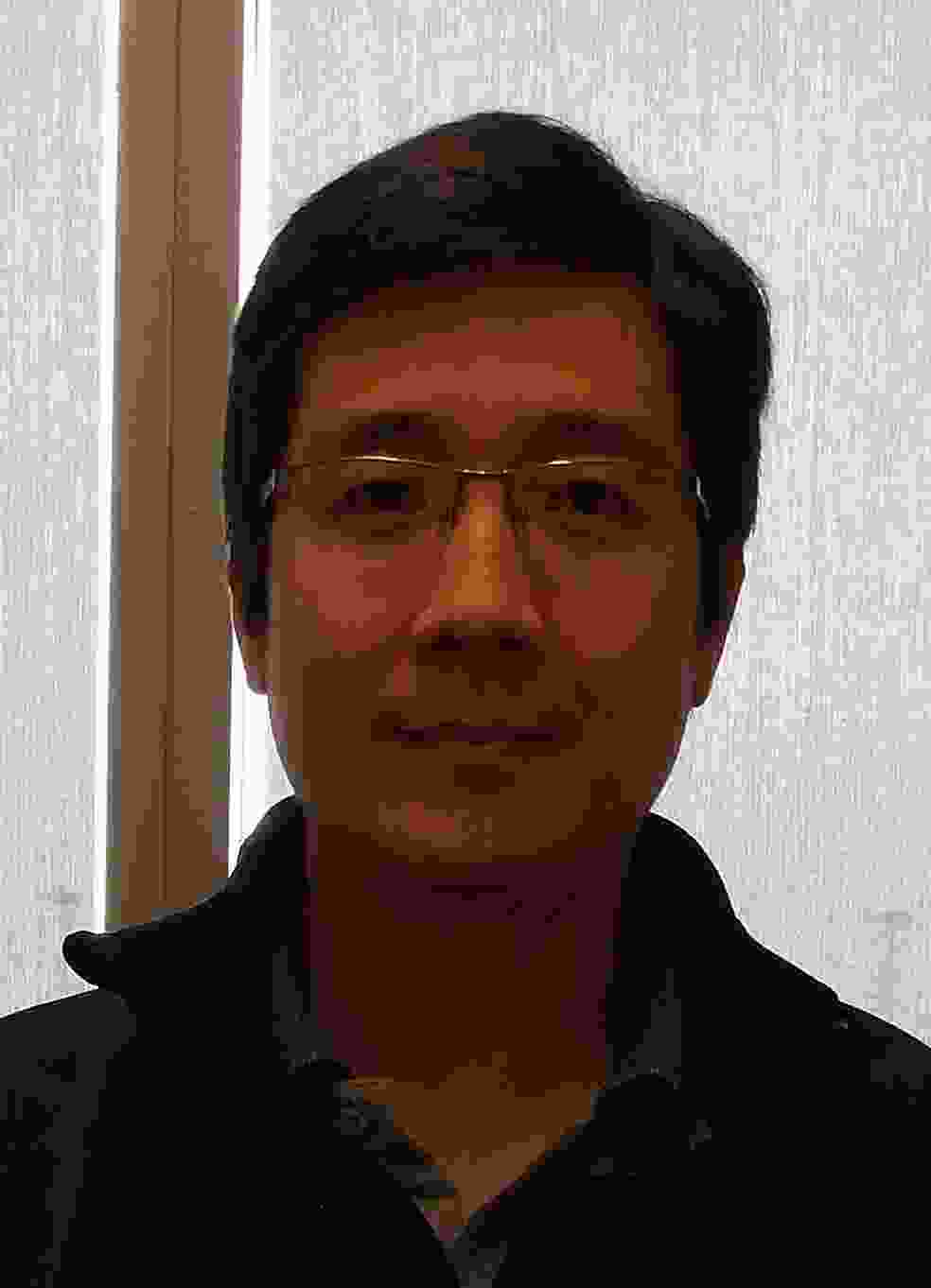
Yingleong (Rigel) Chan, PhD
Academic Role: Assistant Professor
Category: Neurology
The Chan lab explores the ability of using in-vitro systems to model human genetic diseases and phenotypes. Having developed a multiplex pooling method to simultaneously quantify donor cell phenotypes on a large scale, the Chan lab seeks to expand the scope of human genetic disease discovery and treatment using in-vitro modeling. Some ongoing projects of the lab are the determination of whether viruses are causative for Alzheimer’s diseases as well as developing a multiplex in-vitro system to assay for hearing-loss due to cisplatin treatment. These techniques are made possible by the multiplex generation of induced pluripotent stem cells (iPSCs) which form the basis of modeling specific tissue types of interest in-vitro. The Chan lab uses both experimental and computational approaches to enable the high-throughput development and analysis of their multiplex in-vitro systems. Feel free to contact Dr. Chan or any of the lab members if you are interested in collaborating with or joining the lab.
-

Stephen Chrzanowski, MD, PhD
Academic Role: Assistant Professor
Programs: Duchenne Program
Meet Stephen Chrzanowski, MD, PhD, assistant professor of neurology and pediatrics, and new co-director of the Duchenne Muscular Dystrophy (DMD) program.
Dr. Chrzanowski is interested in studying biomarkers associated with Duchenne Muscular Dystrophy and other pediatric neuromuscular diseases. Dr. Chrzanowski established his research lab to determine whether implementing earlier interventions will alter long-term outcomes by developing and quantifying novel treatments.
-
Katelyn Daman, PhD
Academic Role: Research Scientist, Senior
Category: Neurology
-

Janice Dominov, PhD
Academic Role: Assistant Professor
Programs: Neuromuscular Medicine
Category: Neurology
-
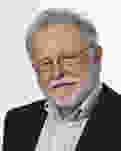
Charles Emerson, Jr., PhD,, UMass Chan Wellstone Center Director
Academic Role: Professor
Programs: Neuromuscular Medicine
Category: Neurology
The UMass Chan Medical School Wellstone Muscular Dystrophy Cooperative Research Center uniquely focuses its research and training programs on Facioscapulohumeral Muscular Dystrophy (FSHD). FSHD is one of the most prevalent myopathies, afflicting both children and adults. The mission of the UMass Chan Wellstone Center is to conduct research to reveal the underlying genetic and epigenetic mechanisms driving the muscle pathology of FSHD, leading to the development of novel therapeutics for this devastating disease.
Learn more here: https://www.umassmed.edu/wellstone/ -
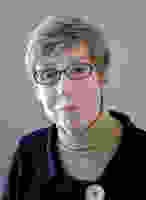
-
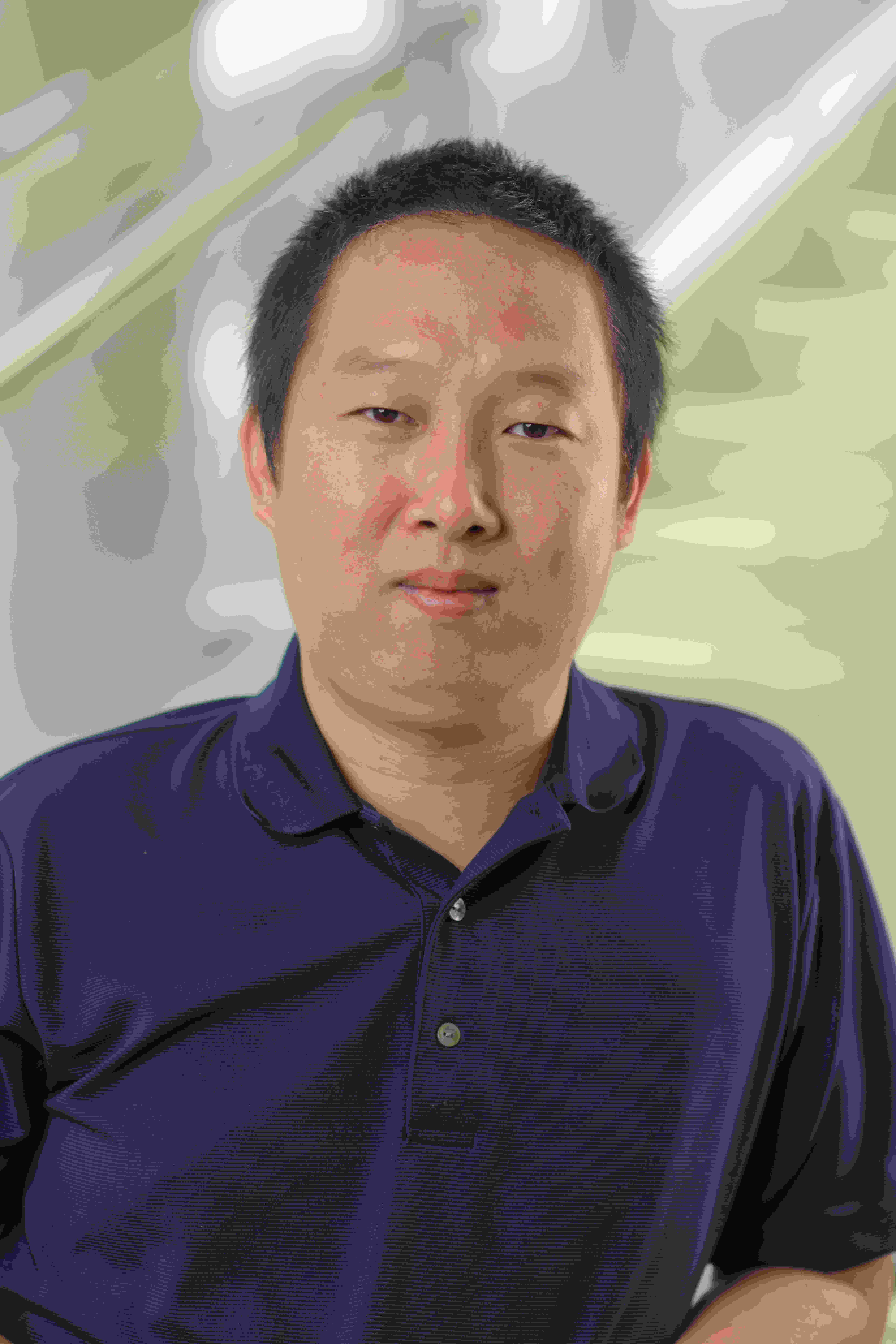
-
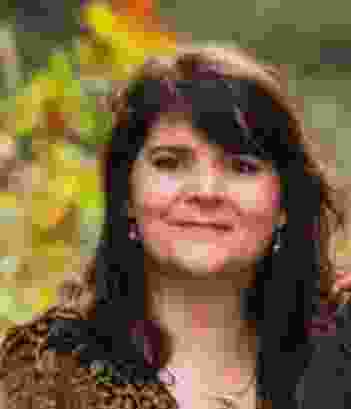
Lisa L. Hall-Anderson, PhD
Academic Role: Associate Professor
Category: Neurology
Lisa Hall, PhD, is a co-investigator with Jeanne Lawrence on numerous research projects pertaining to nuclear structure and epigenetic regulation of the genome. Dr. Hall's main research interest is studying how long non-coding RNAs interact with chromatin, the functional importance of the repeat genome in gene regulation and nuclear structure, as well as our ongoing project silencing the extra chromosome 21 in Down syndrome patient cells using targeted integration of an XIST transgene. Hall was also the assistant director for the human medical genetics course here at UMass Chan from 2002-2010, and she continues to teach and help administer the course.
Learn more here: https://www.umassmed.edu/lawrencelab/ -
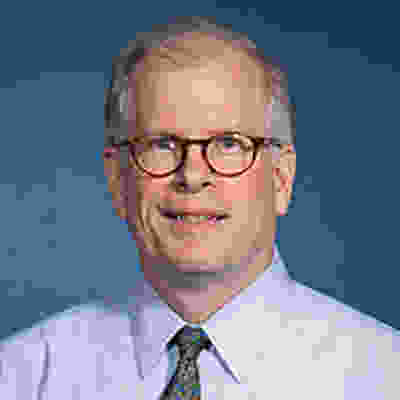
Lawrence J. Hayward, MD, PhD, Director, Neuromuscular Medicine Division
Academic Role: Professor
Programs: Neuromuscular Medicine, Wellstone Center FSHD
Category: Neurology
I am a physician-scientist providing care since 2000 for patients in the UMass Chan MDA Neuromuscular Clinic and serve as co-director of the multidisciplinary FSH Muscular Dystrophy Clinic. My research group focuses on defining molecular mechanisms that cause selected neuromuscular diseases, including ALS (amyotrophic lateral sclerosis), FSH (facioscapulohumeral) muscular dystrophy, and hyperkalemic periodic paralysis. Our objective is to direct this knowledge toward designing more effective treatments for our patients with these conditions. My laboratory applies expertise in basic muscle biology, cellular and animal modeling, gene regulation, protein biochemistry, and ion channel physiology to understand how genetic changes and environmental influences trigger various pathological responses in these diseases. We collaborate closely with other researchers in the UMass Chan Wellstone Center for FSHD and the UMass Chan Neurotherapeutics Institute.
Learn more here: https://www.umassmed.edu/wellstone/ -
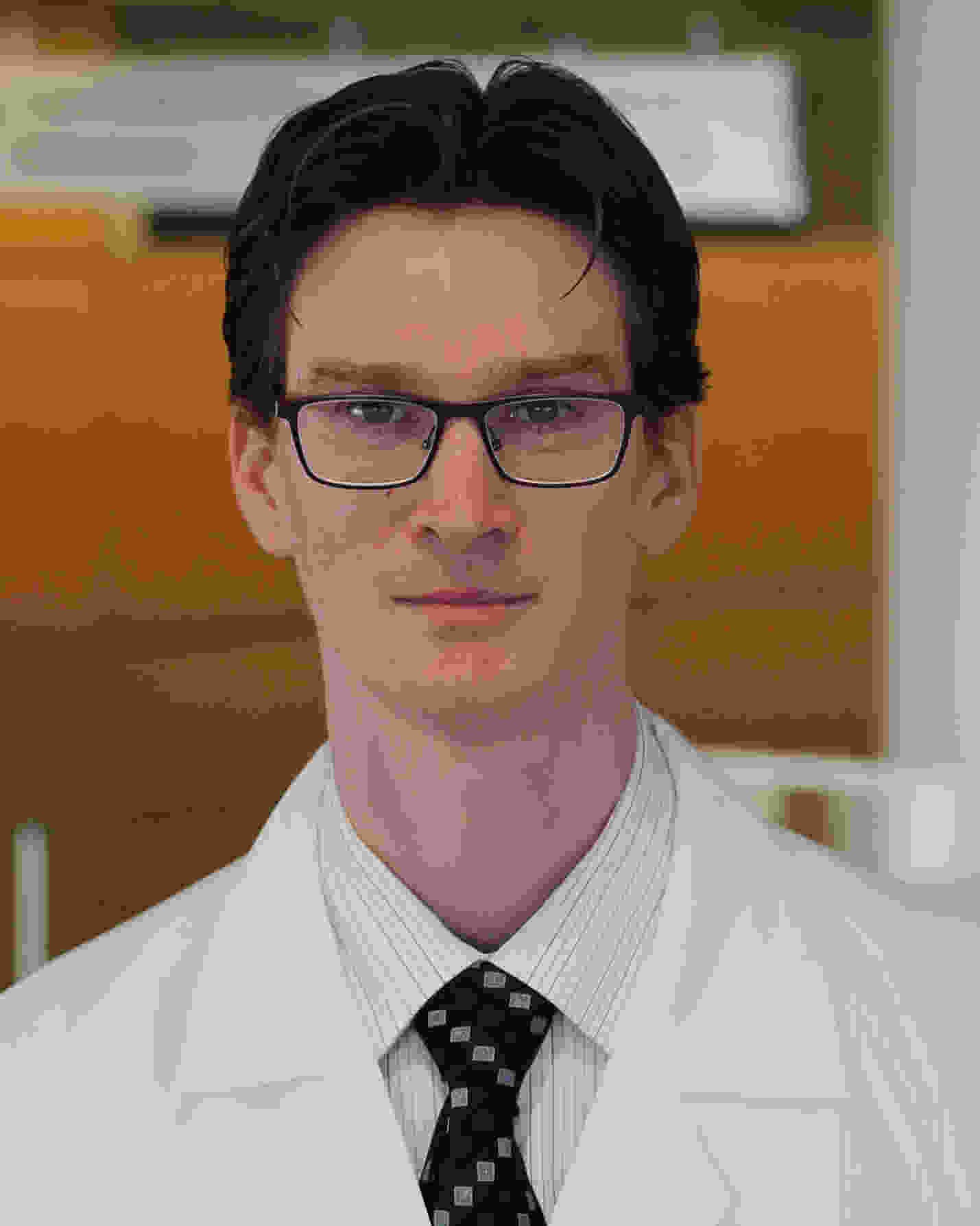
Nils Henninger, MD, PhD, Associate Vice Chair for Research
Academic Role: Associate Professor
Programs: Stroke and Vascular Neurology
Category: Neurology
I completed my medical training (MD) and thesis research (Dr. med.) at the University of Mainz in Germany (1995-2001), Neurology residency training at the University of Heidelberg, Germany (2001-2004) and UMass Chan Medical School (2007-2011), as well as a three-year post doc in experimental stroke imaging in Dr. Marc Fisher’s lab at UMass Chan (2004-2007). After my residency, I completed a fellowship in Cerebrovascular Diseases at the Beth Israel Deaconess Medical Center/Harvard Medical School, Boston (2011-2012) before joining the UMass Chan Medical School as faculty in 2012. At UMass Chan, I completed my PhD in biomedical sciences in 2017, which laid the foundation for my ongoing research program that aims at defining mechanisms driving white matter damage and its contribution to functional outcome and neurodegenerative disease of the brain.
-

Oliver King, PhD
Academic Role: Assistant Professor
Programs: Neuromuscular Medicine
Category: Neurology
-

John Landers, PhD
Academic Role: Professor
Programs: Neuromuscular Medicine, Parkinson's Disease and Movement Disorders Center
Category: Neurology
The development of exon capture and short-read sequencing technologies allows for the screening of cohorts for rare variants at a genome-wide scale in an economically feasible way. Our laboratory is focused on utilizing the exon capture and short-read sequencing approach, in combination with bioinformatics analysis, to identify novel causative genes for ALS. It is our hope that by understanding the genetic contributors to ALS, we will facilitate our understanding of the disease, as well as assist in the development of diagnostics and therapies to extend and improve the lives of ALS patients.
Learn more here: https://www.umassmed.edu/landerslab/ -
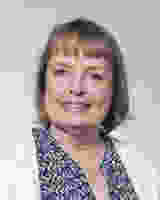
Jeanne Lawrence, PhD, Leo P. and Theresa M. LaChance Chair in Medical Research
Academic Role: Professor
Category: Neurology
Lawrence lab research bridges fundamental questions of developmental epigenetics with translational research into the common problem of chromosome abnormalities, particularly Down syndrome. Having initially developed FISH technology to detect single-genes and nuclear RNAs in cells, her work revealed that genes are organized in nuclear compartments, and that an unprecedented non-coding RNA, XIST, structurally coats the inactive X-chromosome. Using cytological, molecular and genomic approaches, the lab continues fundamental studies of lncRNA function and chromosome regulation. In addition, a major focus is to harness the epigenetic power of XIST as an experimental approach, in human stem cells and mice, to understand how Trisomy 21 impacts neural development, as well as to investigate the prospects for development of XIST-based “chromosome therapies”. Down syndrome is now understood to be a form of early-onset Alzheimer's disease, hence ongoing studies have direct relevance for Alzheimer's disease and aging more broadly.
Learn more here: https://www.umassmed.edu/lawrencelab/ -

Melissa Rotunno, PhD
Academic Role: Assistant Professor
Programs: Neuromuscular Medicine
Category: Neurology
-
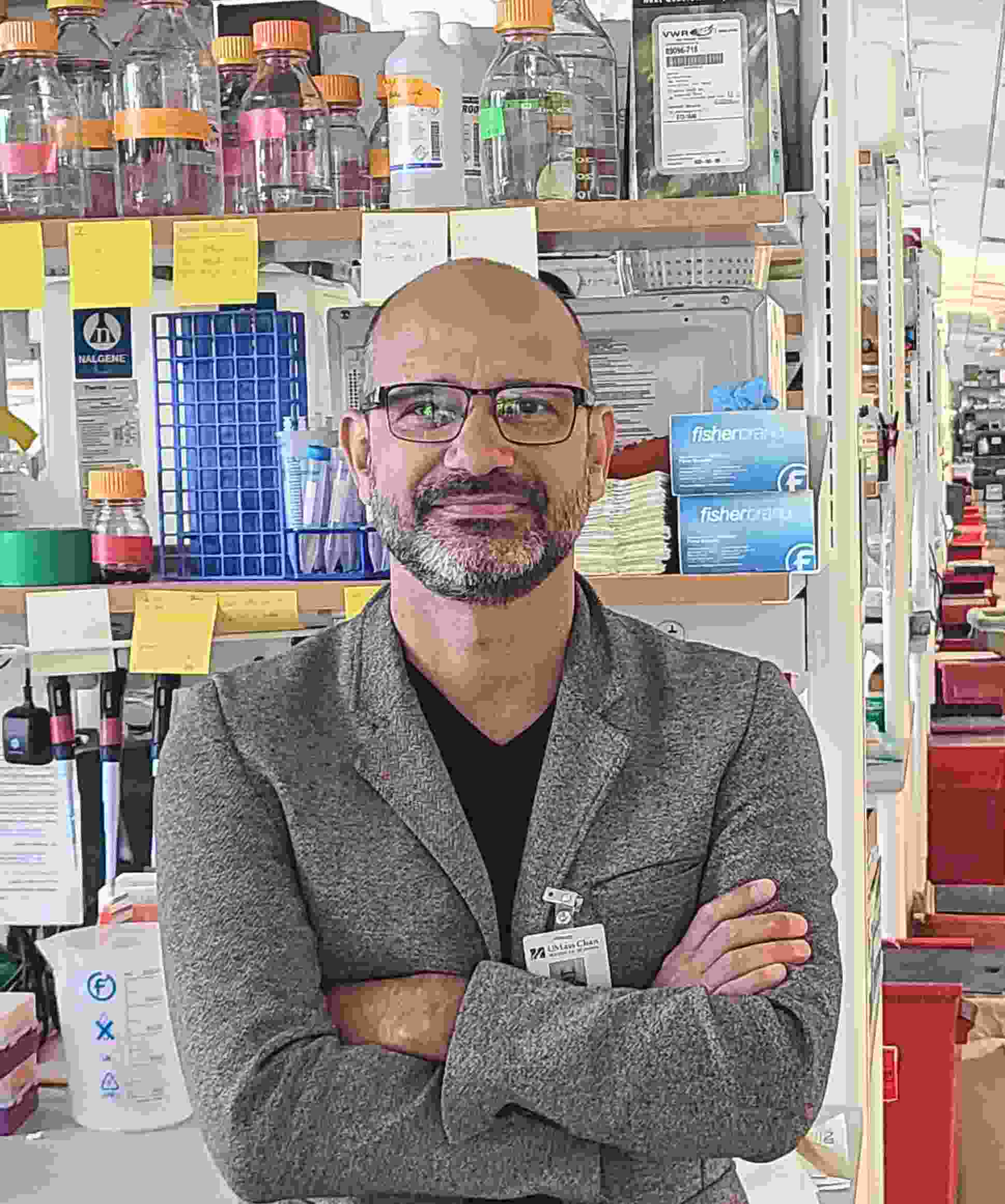
Jean Pierre Schatzmann Peron, PhD
Academic Role: Associate Professor
Category: Neurology
Jean Pierre Schatzmann Peron, PhD, associate professor and the principal investigator at the Neuroimmune Interactions Laboratory, is devoted to unveiling the intricate cellular and molecular mechanisms that underpin neuropathogenesis amidst viral infections, notably Zika virus and SARS-CoV-2, by using different experimental models. His research endeavors extend to leveraging the therapeutic potential of uterus-derived mesenchymal stem cells (uMSCs) and their extracellular vesicles (EVs), aiming to mitigate the severe implications of neuroinflammation.
His research during the 2016 ZIKV epidemic is pioneer, demonstrating the virus’s ability to induce birth defects and neuropathology, to unveil potential avenues for antiviral therapies. Peron, PhD, also explored the molecular mechanisms underlying viral-host interactions and the role of soluble factors in neurological complications associated with ZIKV, demonstrating the intricate interplay between the virus and host immune system. During the COVID-19 pandemic, his focus has shifted to investigating the neurological impact of SARS-CoV-2, analyzing the changes in protein expression in the brain.
Dr. Peron’s investigative pursuit intertwines multiple methodologies, from flow cytometry and immunofluorescence imaging to RNA sequencing and spatial transcriptomics, to probe deep into the complexities of neuroimmune interactions, striving to elucidate the multifaceted impacts of viral elements on the nervous system.
His goal is to improve the understanding of these diseases and pave the way for potential therapies to mitigate their impact on patients’ lives.
Neuroimmune Interactions Laboratory
-

Miguel Sena-Esteves, PhD
Academic Role: Associate Professor
Category: Neurology,Gene Therapy Center
Our laboratory focuses on developing gene therapies for fatal neurological diseases through design of AAV vectors carrying therapeutic genes and engineering new AAV capsids with enhanced in vivo gene delivery to central nervous system and other target tissues.
Learn more here: Esteves Lab - UMass Sena-Esteves Lab for Gene Therapy - Horae Gene Therapy Center


















